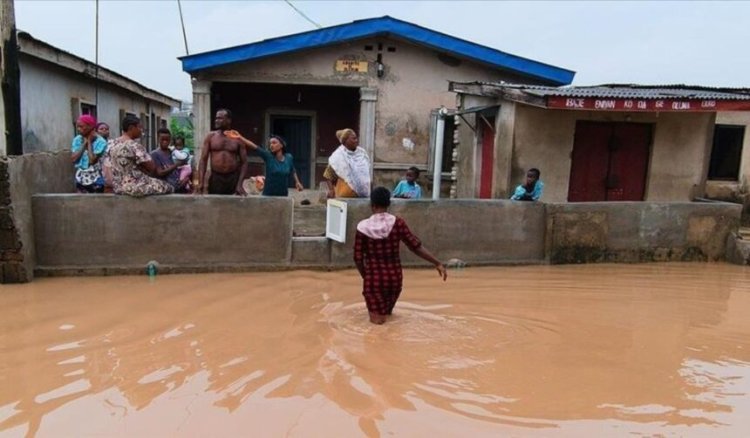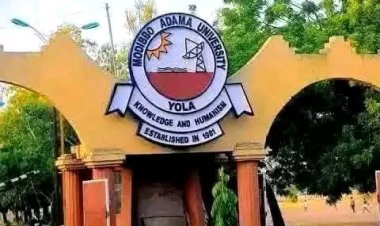Three Million Children in Borno State Face Indefinite School Closures Following Catastrophic Floods
Over three million children in Borno State, Northeast Nigeria, are out of school indefinitely due to devastating floods, the worst in over 30 years, according to Save the Children.

In Borno State, Northeast Nigeria, over three million children are now out of school indefinitely due to unprecedented flooding, the worst the region has seen in over three decades, according to a report by Save the Children. The floods have devastated educational infrastructure, leaving countless families in dire situations.
The floods, which were triggered by a breach at the Alau Dam, have submerged large parts of Maiduguri and displaced more than 400,000 individuals. This has resulted in tens of thousands of children being forced into overcrowded displacement camps and makeshift schools that remain functional. With access to clean water and sanitation severely limited, the state faces imminent health crises, including outbreaks of cholera and diarrhoea among vulnerable populations already grappling with high rates of malnutrition.
The situation is particularly alarming, as Save the Children reports that malnutrition, affecting 60% of children under five last year, is expected to rise dramatically following the destruction of vast farmland. The combination of food shortages and unsanitary living conditions threatens to worsen the plight of these communities.
“This is a crisis upon a crisis,” stated Duncan Harvey, Country Director of Save the Children in Nigeria. “The floods have exacerbated the challenges posed by climate change, making food and water even scarcer. The conditions I witnessed in Maiduguri are shocking—hundreds of thousands of children are living in fear and without basic necessities.”
The floods have compounded existing challenges in Borno State, including ongoing desertification and the impacts of armed conflict. Families who have already been displaced multiple times due to violence now find themselves homeless yet again, with no immediate hope for recovery. Studies have shown that climate change has intensified flood risks in the region, leaving communities particularly exposed during heavy rainfall.
An alarming consequence of the floods is the increasing number of children separated from their families. Many children have been found in displacement camps without parents or guardians, putting them at heightened risk of exploitation and abuse. Humanitarian efforts are in place to reunite these vulnerable children with their families, but the overwhelming needs in the area have strained resources.
“I have worked in humanitarian aid for over 20 years, and what I saw in Maiduguri shocked me to my core,” Harvey added. “We urgently need support from the Borno State Government and the international community to provide lifesaving assistance and help reunite children with their families.”
Amidst the devastation, children like 14-year-old Ibrahim are calling for immediate global climate action. “Climate change is real and affects every single part of our lives. We need world leaders to prioritize climate action because we don’t have another planet,” Ibrahim stated.
The crisis in Borno State underscores the urgent need for concerted efforts to address both immediate humanitarian needs and the long-term impacts of climate change on vulnerable populations.

 Chris Oyeoku Okafor
Chris Oyeoku Okafor 



